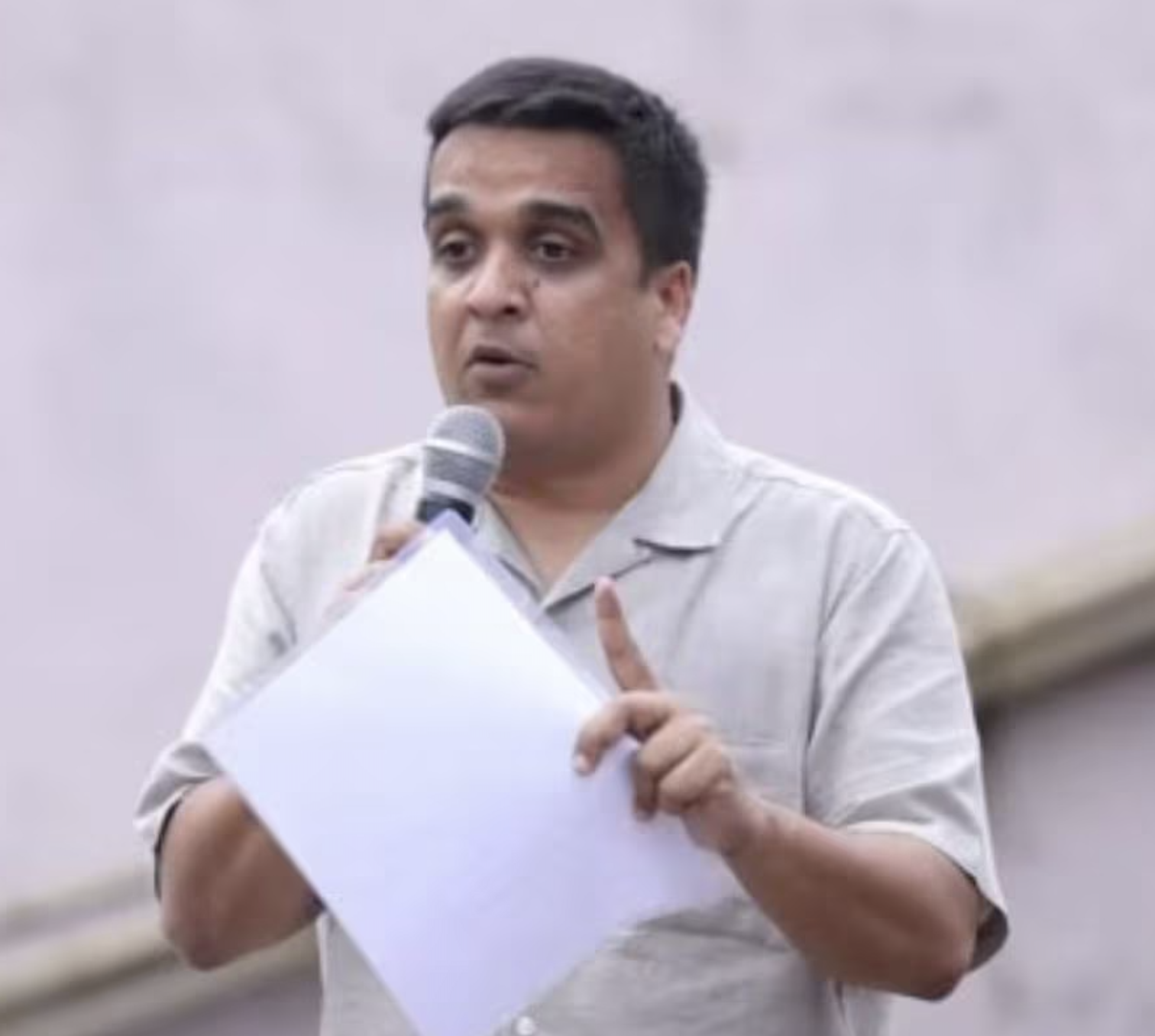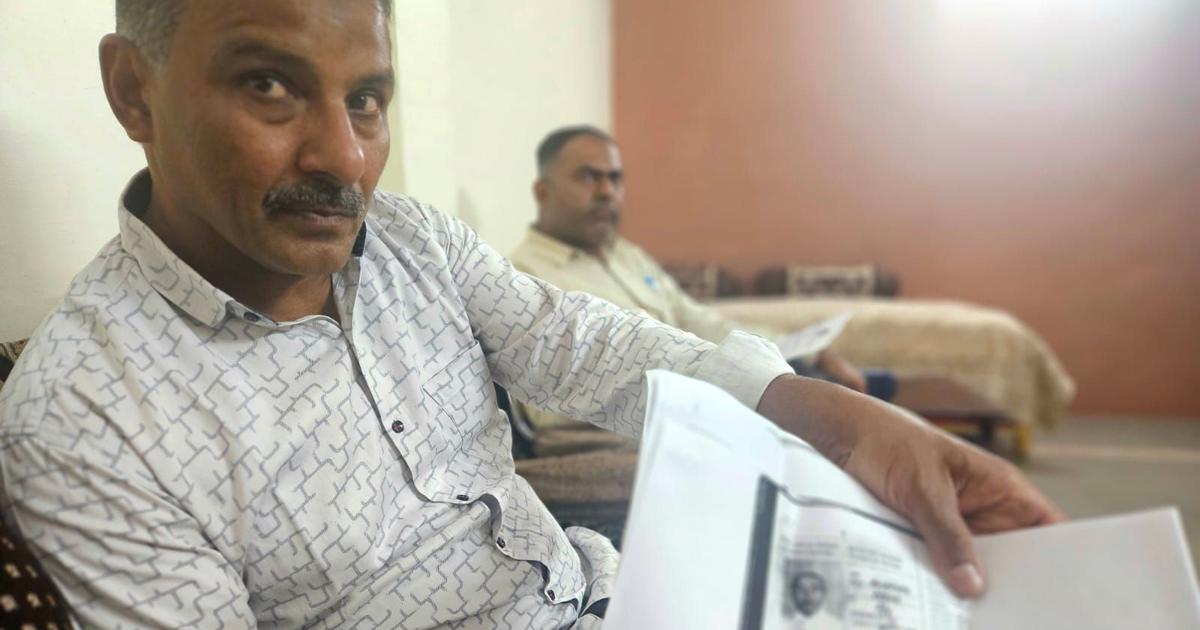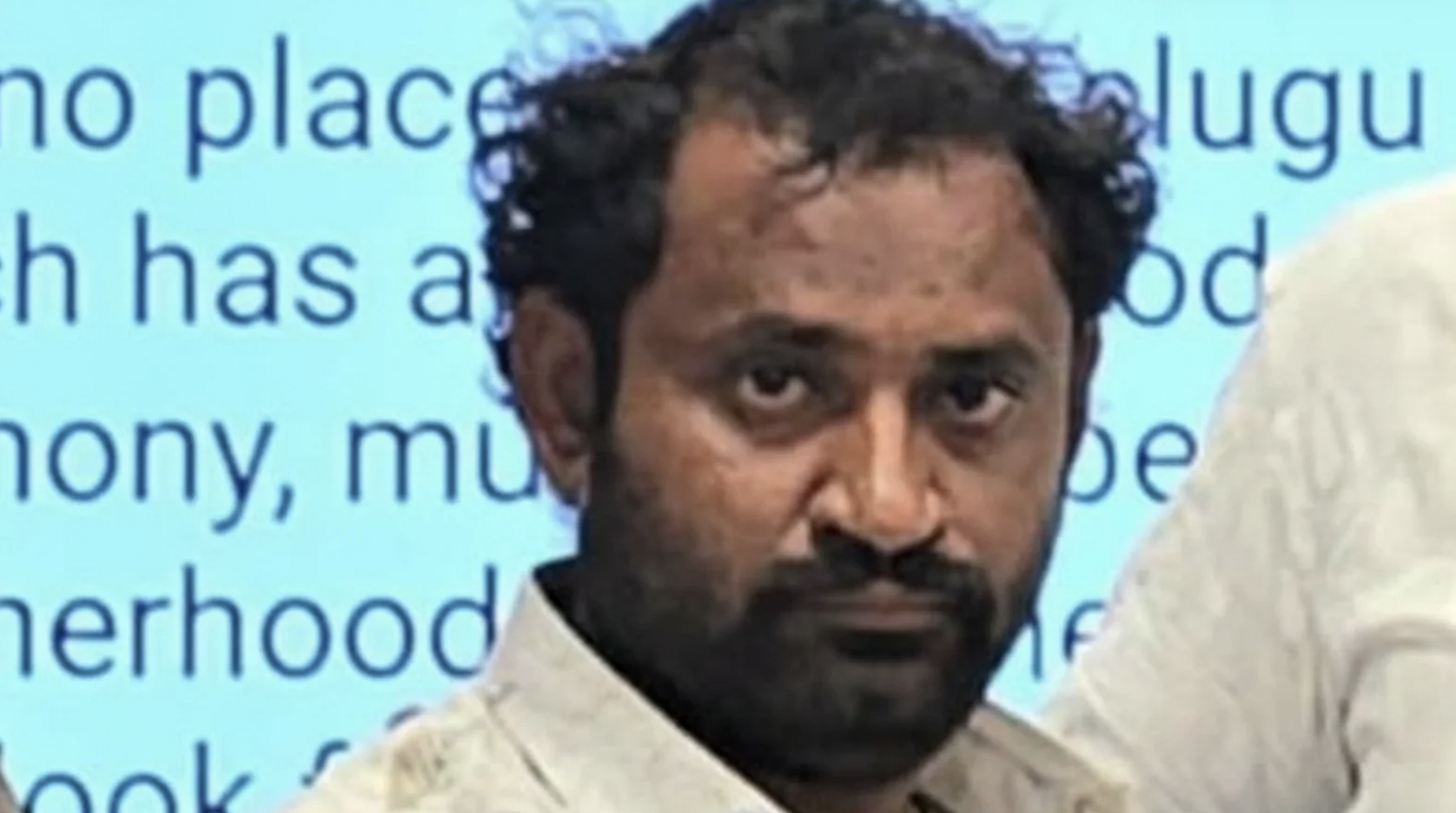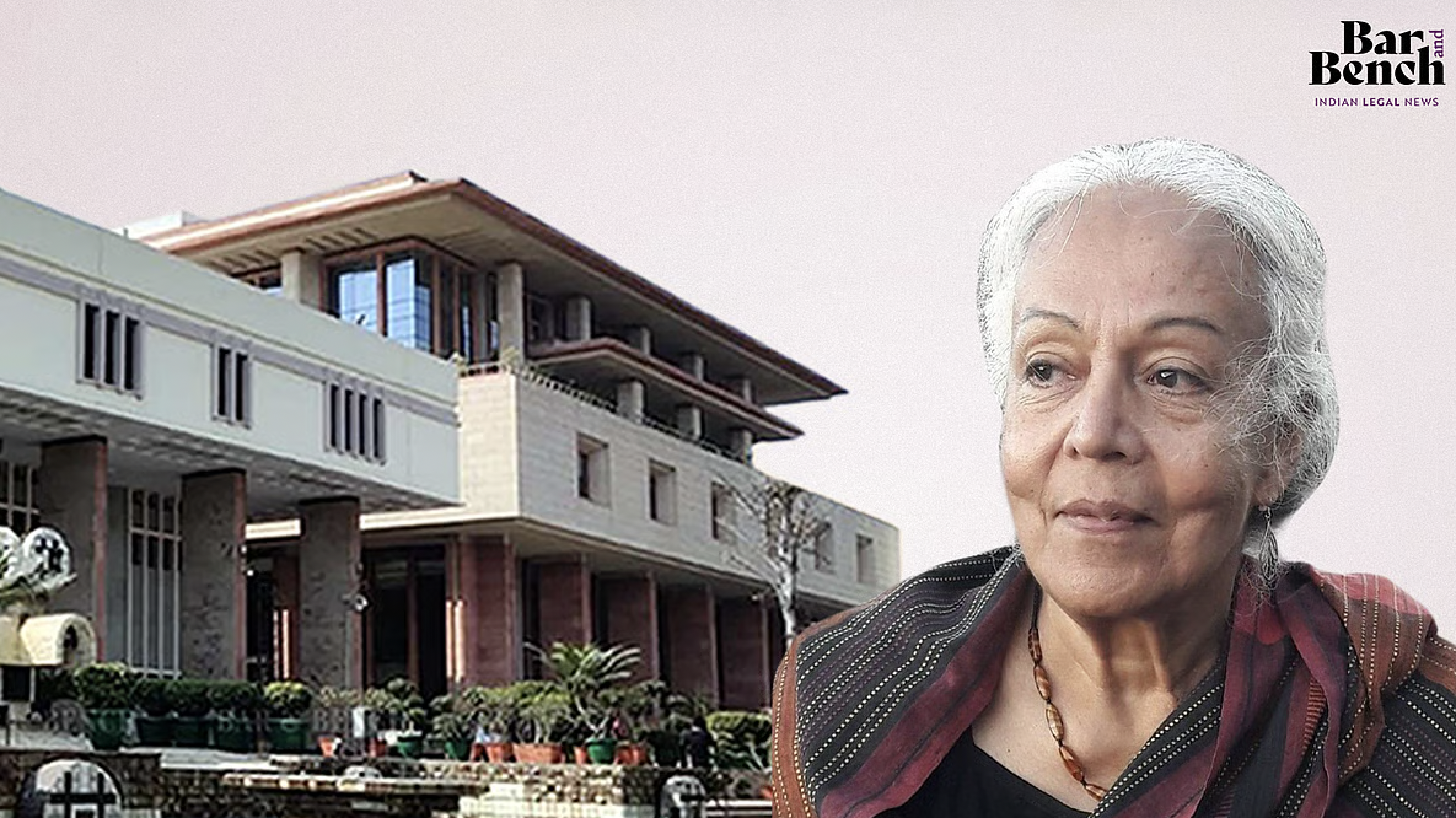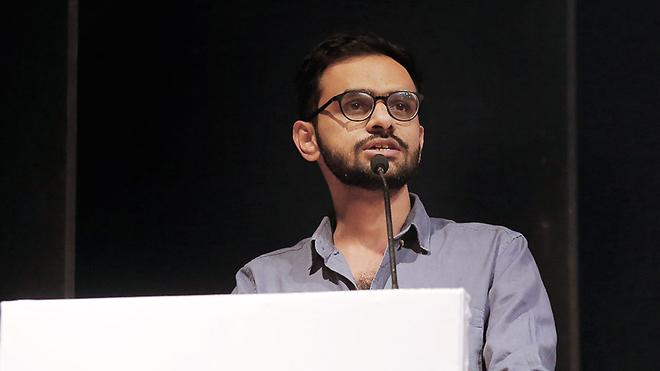
By Krishnadas Rajagopal
The Delhi High Court, in the Umar Khalid bail judgment, agrees wholeheartedly that long incarceration and delay in trial under the draconian Unlawful (Activities) Prevention Act are violations of fundamental rights, but says judges can deny bail in select cases on the strength of “peculiar” facts.
The September 2 judgment highlights the cause of personal liberty and speedy trial while conforming to the stringent conditions for bail under Section 43D (5) of the Act.
The 133-page verdict acknowledged that “constitutional courts are well within their powers to grant bail to an undertrial who has suffered a long period of incarceration pending trial, thereby, setting him at liberty”. The judgment also does not hesitate to admit that courts had a duty to “secure the right to a speedy trial of an accused, flowing from Article 21 of the Constitution”.
Nevertheless, it reasoned that long incarceration and delay in trial cannot be used as an “universally applicable rule” to guarantee bail in all UAPA cases. “No single circumstance alone can serve as a universal yardstick to grant or refuse bail to an individual” and courts have discretion to deny bail on the basis of the “peculiar facts and circumstances of each case,” the High Court had observed.
However, the Supreme Court in Union of India versus K.A. Najeeb has held that “the presence of statutory restrictions like Section 43D(5) of the UAPA per se does not oust the ability of the constitutional courts to grant bail on grounds of violation of Part III [fundamental rights] of the Constitution”.
The apex court, in the 2021 judgment by a three-judge Bench, had called for the need to harmonise the restrictions of the UAPA provision with the constitutional mandate to protect fundamental rights.
This story was originally published in thehindu.com. Read the full story here.



